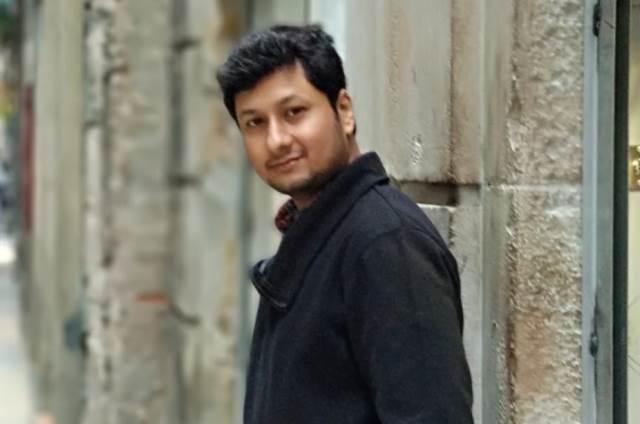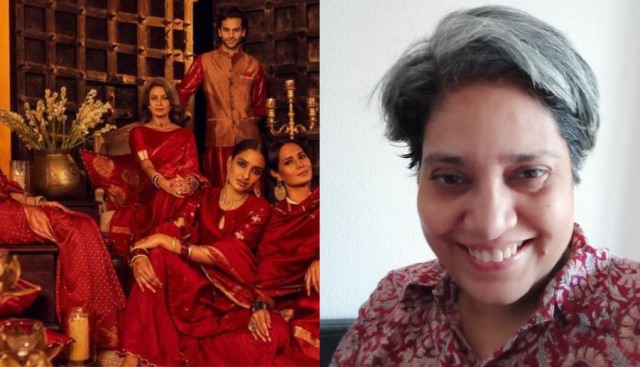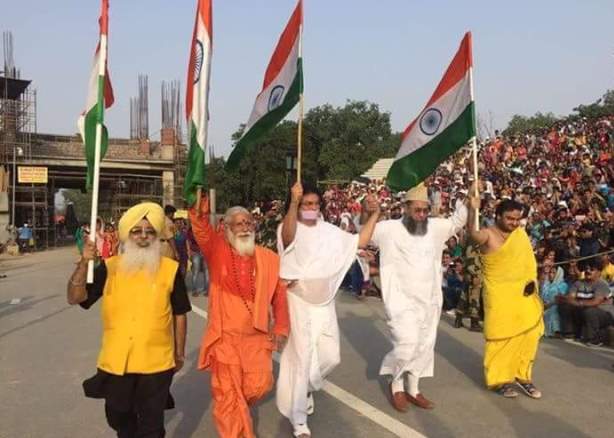A recent survey throws contradictory and unbelievable findings, yet it also underlines how an Indian really feels
For most political parties, sociologists and psephologists what a common Indian on the street thinks matters most. It is an insight into a common man’s psyche, which allows them to strategies and formulate new plans and narratives. Though the political parties are able to set the narrative for their own narrow agendas yet they are unable to control the common perceptions and thinking among the populace.
Studies like a recent one by the US-based Pew Research Centre’s Survey of Religion across India, helps not just the narrative formulators but also offers a peep into the common man’s psyche. The recent Pew study based on nearly 30,000 face-to-face interviews of adults conducted in 17 languages between late 2019 and early 2020 (pre-COVID-19), finds that Indians of all religious backgrounds overwhelmingly say they are very free to practice their faiths.
Religious Tolerance
Indians see religious tolerance as a central part of who they are as a nation. Across the major religious groups, most people say it is very important to respect all religions to be “truly Indian.” And tolerance is a religious as well as a civic value: Indians are united in the view that respecting other religions is a very important part of what it means to be a member of their own religious community.
Yet, despite sharing certain values and religious beliefs – as well as living in the same country, under the same constitution – members of India’s major religious communities often don’t feel they have much in common with one another. The majority of Hindus see themselves as very different from Muslims (66%), and most Muslims return the sentiment, saying they are very different from Hindus (64%).
Tolerance
Indians, then, simultaneously express enthusiasm for religious tolerance and a consistent preference for keeping their religious communities in segregated spheres meaning they live together yet separately. These two sentiments may seem paradoxical, but for many Indians they are not.
Indeed, many take both positions, saying it is important to be tolerant of others and expressing a desire to limit personal connections across religious lines. Indians who favour a religiously segregated society also overwhelmingly emphasise religious tolerance as a core value.
ALSO READ: Indian Education Needs Remodelling
In other words, Indians’ concept of religious tolerance does not necessarily involve the mixing of religious communities. While people in some countries may aspire to create a “melting pot” of different religious identities, many Indians seem to prefer a country more like a patchwork fabric, with clear lines between groups.
This is what I ascribe to the syncretic Indian values, which you’ll not be able to see in any western society. The Indians in spite of all differences and antagonisms try to view themselves as colours of a rainbow, which India is and this is what makes India, united.
Dimensions of Hindu nationalism in India
The survey reports that Hindus tend to see their religious identity and Indian national identity as closely intertwined: Nearly two-thirds of Hindus (64%) say it is very important to be Hindu to be “truly” Indian.
Most Hindus (59%) also link Indian identity with being able to speak Hindi. And these two dimensions of national identity – being able to speak Hindi and being a Hindu – are closely connected. Among Hindus who say it is very important to be Hindu to be truly Indian, almost 80% also say it is very important to speak Hindi to be truly Indian.
Overall, among those who voted in the 2019 elections, three-in-ten Hindus take all three positions: saying it is very important to be Hindu to be truly Indian; saying the same about speaking Hindi; and casting their ballot for the BJP.
Indian Muslims
Vast majority of India’s Muslims say Indian culture is superior. Today, India’s Muslims almost unanimously say they are very proud to be Indian (95%), and they express great enthusiasm for Indian culture: 85% agree with the statement that “Indian people are not perfect, but Indian culture is superior to others”.
Overall, one-in-five Muslims say they have personally faced religious discrimination recently, but views vary by region. Relatively few Muslims say their community faces “a lot” of discrimination in India (24%). In fact, the share is similar to the share of Hindus who say Hindus face widespread religious discrimination in India (21%).
In addition, most Muslims across the country (65%), along with an identical share of Hindus (65%), see communal violence as a very big national problem.
Muslims’ desire for religious segregation does not preclude tolerance of other groups – again similar to the pattern seen among Hindus. Indeed, a majority of Muslims who favour separate religious courts for their community say religious diversity benefits India.
South v/s North
The survey consistently found that people in the South (the states of Andhra Pradesh, Karnataka, Kerala, Tamil Nadu and Telangana, and the union territory of Puducherry) differ from Indians elsewhere in the country in their views on religion, politics and identity.
For example, by a variety of measures, people in the South are somewhat less religious than those in other regions – 69% say religion is very important in their lives, versus 92% in the Central part of the country.
Hindu nationalist sentiments also appear to have less of a foothold in the South. Among Hindus, those in the South (42%) are far less likely than those in Central states (83%) or the North (69%) to say being Hindu is very important to be truly Indian. And in the 2019 parliamentary elections, the BJP’s lowest vote share came from the South. In the survey, just 19% of Hindus in the region say they voted for the BJP, compared with roughly two-thirds in the Northern (68%) and Central (65%) parts of the country who say they voted for the ruling party.
Other Contentious Issues
Most Indian Muslims opposed triple talaq. 56% said Muslim men should not be allowed to divorce this way. Still, 37% of Indian Muslims say they support triple talaq, with Muslim men (42%) more likely than Muslim women (32%) to take this position. A majority of Muslim women (61%) opposed triple talaq.
Similarly many Indians, across a range of religious groups, say it is very important to stop people in their community from marrying into other religious groups. Roughly two-thirds of Hindus in India want to prevent interreligious marriages of Hindu women (67%) or Hindu men (65%). Even larger shares of Muslims feel similarly: 80% say it is very important to stop Muslim women from marrying outside their religion, and 76% say it is very important to stop Muslim men from doing so.
The survey throws up many findings which may sound contradictory and unbelievable, yet they represent the true feelings of Indians, however convoluted they may be. And this contradictory yet assimilating feeling is what makes India what it is.
(Asad Mirza is a political commentator based in New Delhi. He writes on issues related to Muslims, education, geopolitics and interfaith)



